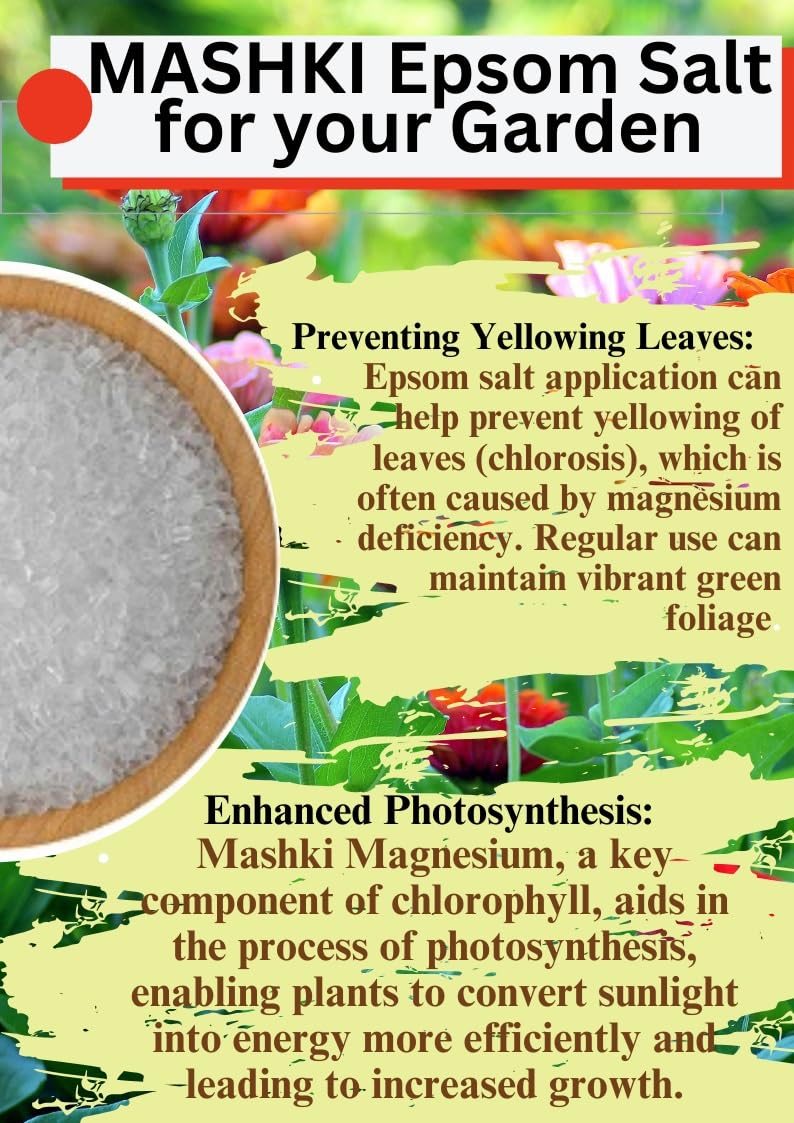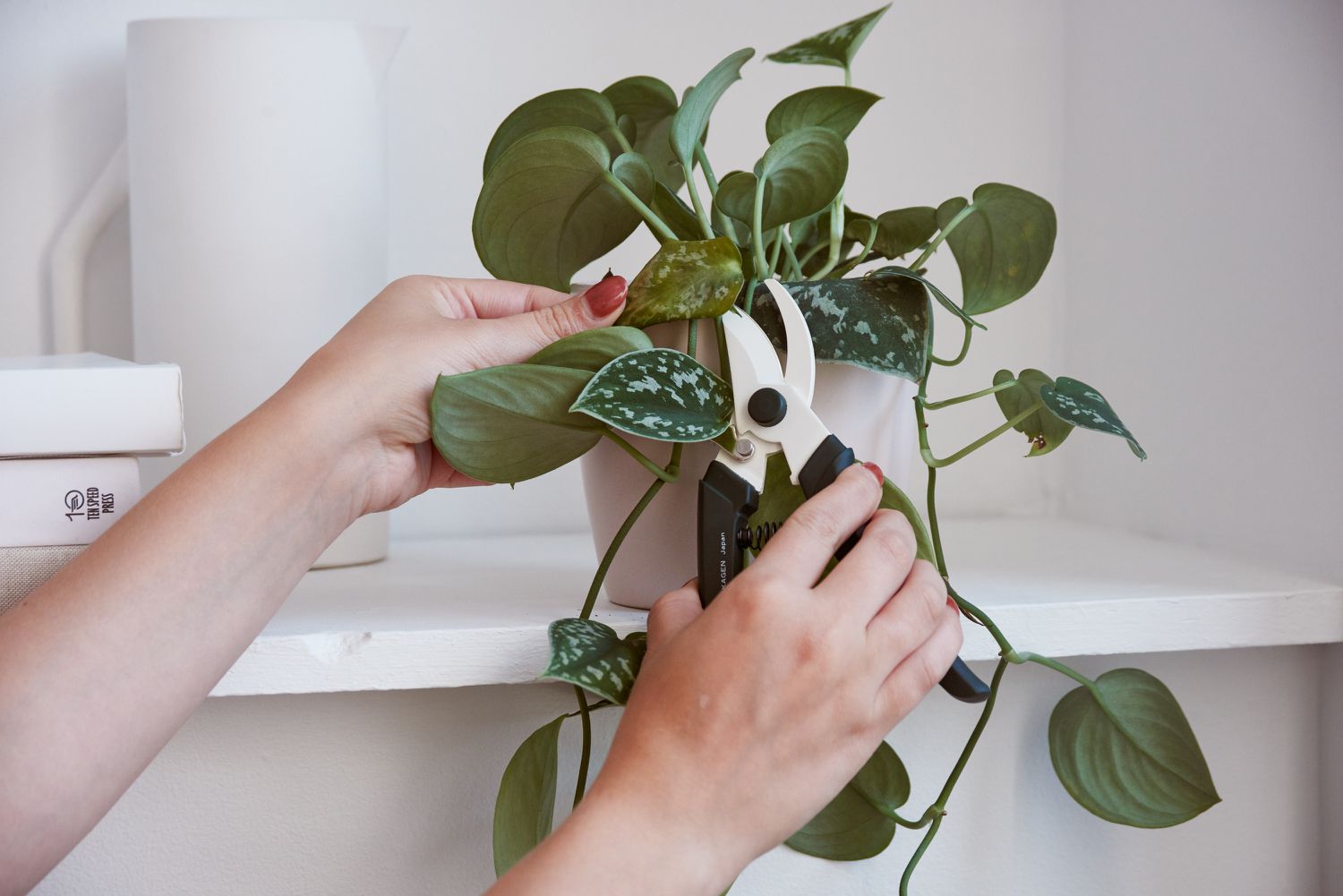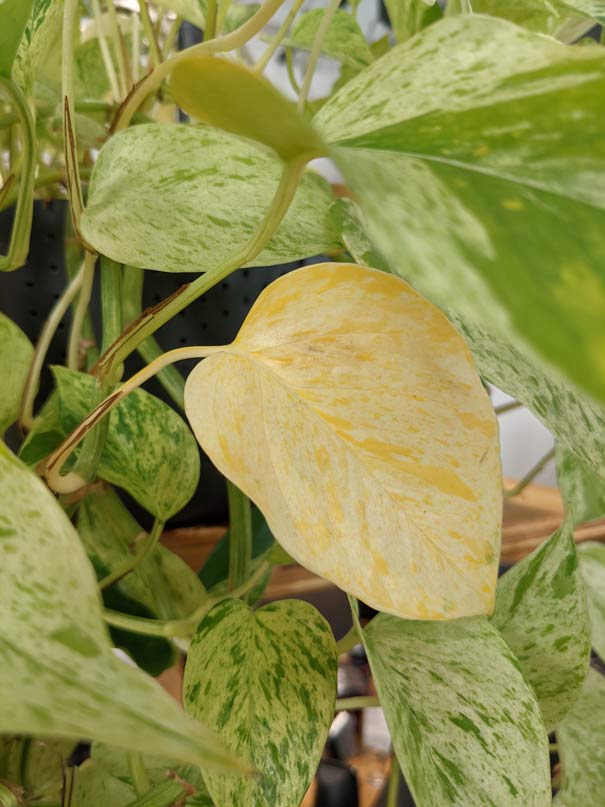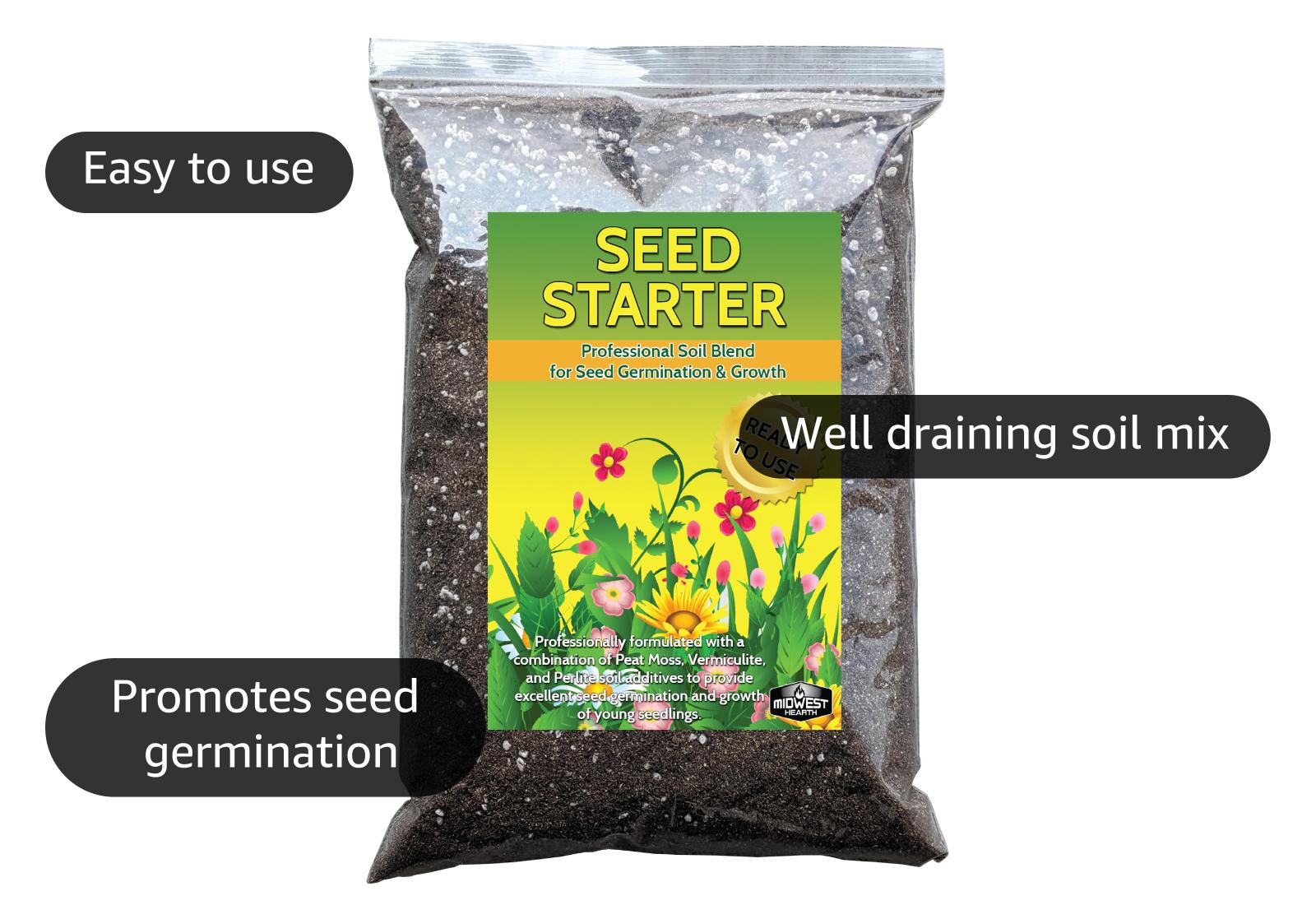What are the benefits of adding Epsom salt to plants?
Epsom salt, chemically known as magnesium sulfate, is a popular and versatile gardening product that has been used for decades to enhance plant growth. Its benefits range from promoting overall plant health to improving flower and fruit production. Let’s dive deeper into the advantages of adding Epsom salt to your plants:
1. Magnesium Boost
One of the primary benefits of Epsom salt is its high magnesium content. Magnesium is an essential nutrient that plays a crucial role in photosynthesis, the process through which plants convert sunlight into energy. By adding Epsom salt to the soil, you can ensure that your plants have an ample supply of magnesium to support their growth and development.
2. Improved Nutrient Absorption
In addition to magnesium, Epsom salt also contains sulfur, another vital nutrient for plant growth. Sulfur aids in the absorption of other nutrients, such as nitrogen, phosphorus, and potassium. By incorporating Epsom salt into your gardening routine, you can help your plants absorb these essential nutrients more efficiently, leading to healthier and more robust growth.
3. Enhanced Flowering and Fruiting
Epsom salt has been shown to promote flower and fruit formation in various plants, including vegetables, fruits, and ornamentals. The magnesium in Epsom salt is known to encourage the production of chlorophyll, the green pigment that allows plants to photosynthesize. This, in turn, can lead to more vibrant blooms and increased fruit yield.
4. Pest and Disease Resistance
Plants that receive an adequate supply of magnesium are less susceptible to pests and diseases. By adding Epsom salt to your garden, you can help strengthen your plants’ cell walls, making them more resilient to attacks from insects and pathogens. This natural defense mechanism can reduce the need for chemical pesticides and fungicides, promoting a healthier and more eco-friendly garden.
5. Stress Relief
Just like humans, plants can experience stress from environmental factors such as extreme weather conditions, nutrient deficiencies, or transplant shock. Epsom salt can serve as a natural stress reliever for plants by providing them with the necessary nutrients to recover and thrive. Whether you’re dealing with drought-stressed plants or seedlings struggling to establish roots, Epsom salt can help alleviate their stress and support their resilience.
6. Easy Application
Another advantage of using Epsom salt in your garden is its ease of application. You can dissolve Epsom salt in water and apply it directly to the soil or foliage, depending on the plant’s needs. This convenient method allows for quick and efficient nutrient delivery, ensuring that your plants receive the benefits of Epsom salt in a timely manner.
Conclusion
Overall, adding Epsom salt to your plants can be a cost-effective and practical way to promote their growth and health. Whether you’re looking to boost flowering, improve nutrient absorption, or enhance pest resistance, Epsom salt offers a wide range of benefits for your garden. Consider incorporating Epsom salt into your gardening routine to experience these advantages firsthand and enjoy a more bountiful and beautiful garden.



